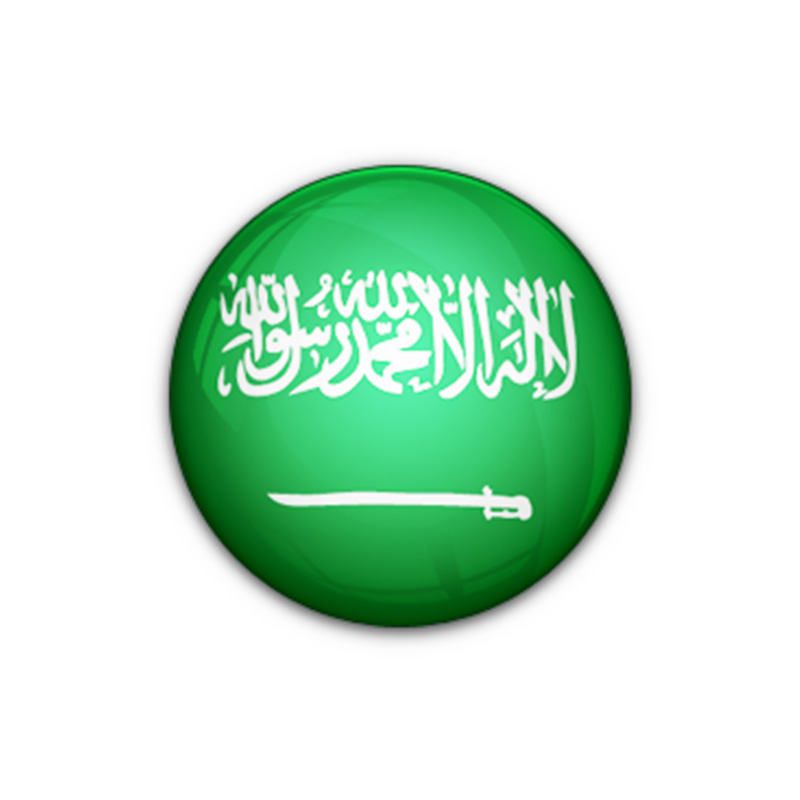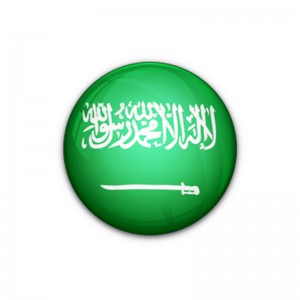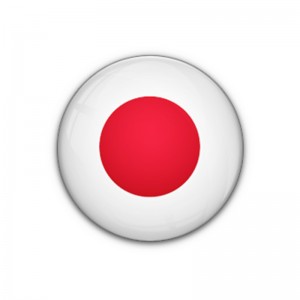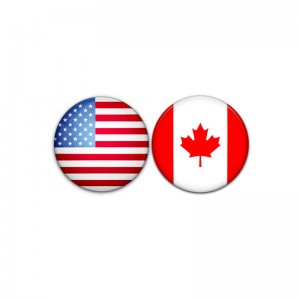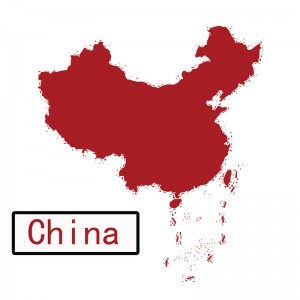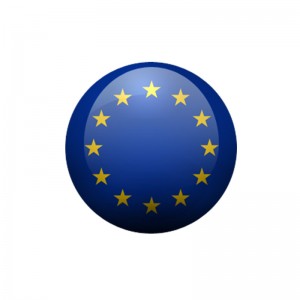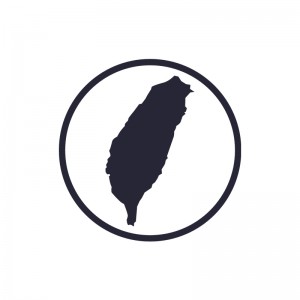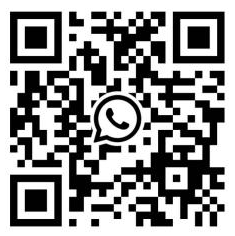Saudi testing and certification project introduction
Saudi common testing and certification projects
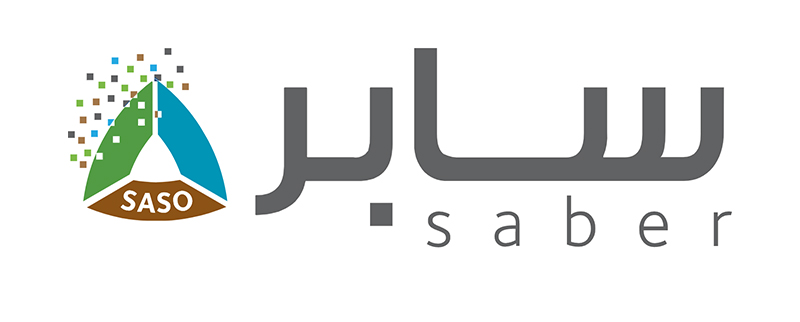
SABER Certification
Saber is part of the new Saudi certification system SALEEM, which is the unified certification platform for Saudi Arabia. According to the requirements of the Saudi government, the Saber system will gradually replace the original SASO certification, and all controlled products will be certified through the saber system.
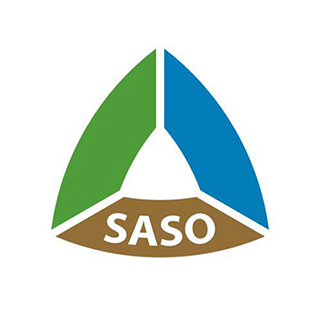
SASO Certification
saso is the abbreviation of Saudi Arabian Standards Organization, that is, Saudi Arabian Standards Organization. SASO is responsible for the development of national standards for all daily necessities and products, and the standards also involve measurement systems, labeling and so on.
IECEE Certification
IECEE is an international certification organization working under the authority of the International Electrotechnical Commission (IEC). Its full name is "International Electrotechnical Commission Electrical products Conformity Testing and Certification Organization." Its predecessor was CEE - the European Committee for Conformity Testing of Electrical Equipment, established in 1926. With the demand and development of international trade in electrical products, CEE and IEC merged into IECEE, and promoted the regional mutual recognition system already implemented in Europe to the world.
CITC Certification
CITC certification is a mandatory certification issued by the Communications and Information Technology Commission (CITC) of Saudi Arabia. Applicable to telecommunications and wireless equipment, radio frequency equipment, information technology equipment and other related products sold in the Saudi Arabian market. CITC certification requires that products comply with the relevant technical standards and regulations of the Saudi State, and can be sold and used in Saudi Arabia after certification. CITC certification is one of the necessary conditions for market access in Saudi Arabia and is of great significance for companies and products entering the Saudi market.
EER Certification
Saudi EER Energy Efficiency Certification is a mandatory certification controlled by the Saudi Standards Authority (SASO), the only national standards body in Saudi Arabia, which is fully responsible for the development and implementation of all standards and measures.
Since 2010, Saudi Arabia has imposed mandatory energy efficiency labeling requirements on some electrical products imported into the Saudi market, and suppliers (manufacturers, importers, production plants or their authorized representatives) who violate this directive will bear all legal responsibilities arising from it.



